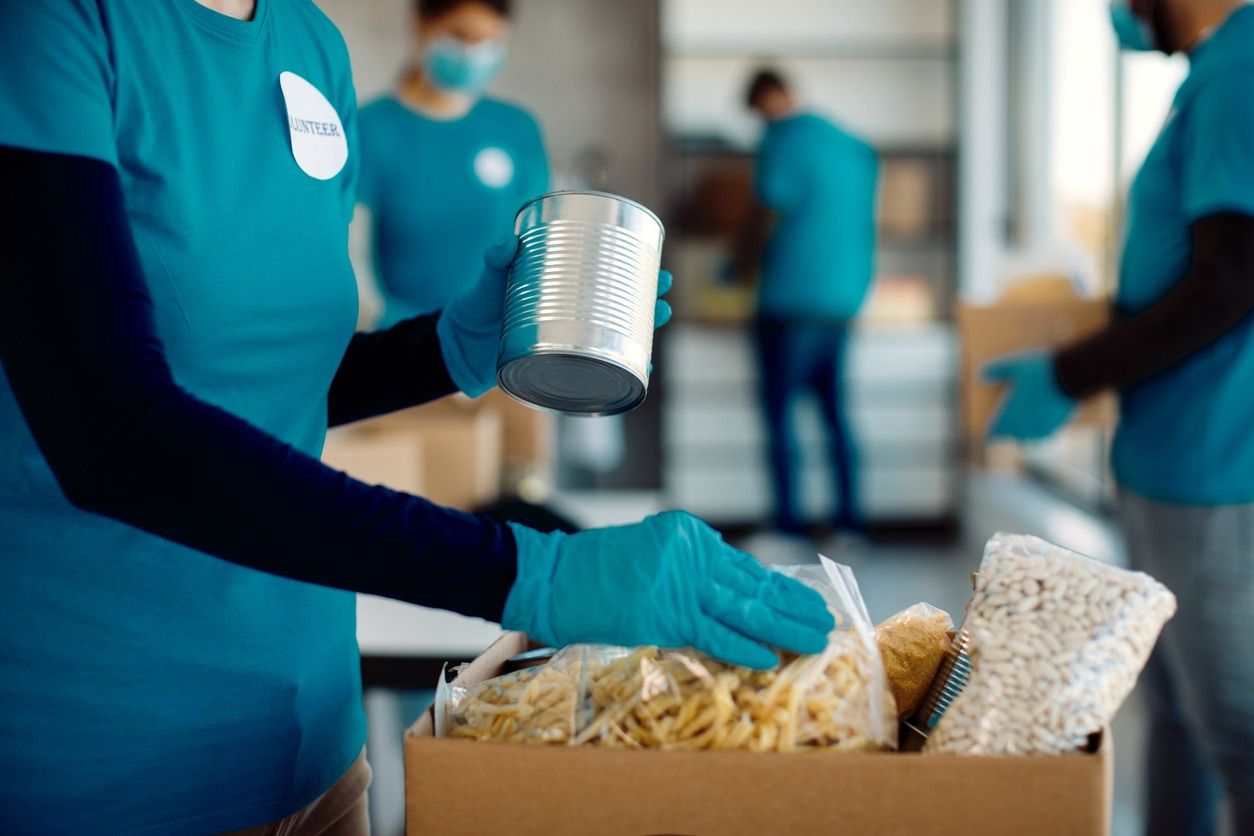Table of Contents
Addiction can be a very lonely disease and recovering from it can appear to be just as isolating. We as humans tend to get caught up in our own struggles and forget there are others who are going through the same thing. During rehab, it is important to interact with counselors and peers in a positive atmosphere and to rely on the strength of others when possible. This helps the individual get out of their own head and see the joys and challenges others face. In the same way, focusing on others after recovery helps prevent relapse.
One tip to staying sober is to stop focusing so much on yourself. Dwelling on tough times or worrying about how you will stay sober is not at all beneficial. Instead, get out and live life, find fulfilling activities, and start seeing how you can make others’ lives a little bit better. Most people notice when they do this they experience fewer and less intense cravings to use and are able to establish a healthier, happier life for themselves.
Giving Away What You Received in Recovery
A common attitude among those who have achieved sobriety through the help of a rehab center is wanting to give away what they received in recovery. Gratitude for healing is often expressed by a desire to help others experience that recovery. This is why recovered addicts make some of the best addiction treatment professionals. A lifelong career in the addiction treatment field helps the next generation that is struggling with drug and alcohol addiction, but it also encourages sobriety among treatment providers and staff as well.
Volunteering
There is plenty of need in our world today. People might be surprised to know that they can actually do something about many of the needs of those around them. Volunteering is a great way to help other people or help advance a cause in the world today.
A study done by United Health Group, called Doing Good is Good for You, found what many people know to be true: helping others is good for us.
Researchers found that:
1. Volunteers reported they were more closely connected to their community and the people in it through their service.
2. Volunteers were more likely to report higher levels of physical, mental and emotional health than those who did not volunteer.
3. Volunteers reported they were better able to effectively manage their stress than those who did not volunteer.
Find something you are good at or passionate about and do something about it. Volunteer opportunities abound in every community in the world, so you don’t have to go far to find something. You can contact a local homeless shelter, library, youth center, veterans’ organization, or humane society to find out how you can help. You can help on a less structured basis and offer to take an elderly neighbor to the grocery store or doctor visit. You can participate in a walk/run/bike to advance a cause such as cancer research.
Volunteering is rewarding because it produces immediate results. When you help someone you immediately see joy or thankfulness on their face. As a person in recovery, seeing your actions positively impacting others rather than hurting them boosts your mood and motivates you to stay on the right path of sobriety.
Sponsoring Others in Recovery
Many who have been through recovery feel a strong connection to others who are going through recovery. This is natural as they share common histories, challenges, feelings, and concerns. Staying active with the recovery community by sponsoring someone else in rehab is a great way to stay sober.
Instead of requiring others to help you all the time, you can be a source of support and help to others. Most treatment centers and support groups look for help working with and sponsoring newly sober individuals. Talk with your alumni group and find opportunities to interact with and even sponsor someone currently going through recovery.
Serving Your Community
An unfortunate side effect of addiction is overusing and abusing community resources. Addiction leads to financial instability, health care costs, crime, violence, and trouble with the law. Once sober, many individuals find they want to give back to the community that supported them through their challenges. Being on the other side of the equation is rewarding and helps solidify one’s sobriety. Giving back to the community can happen in countless different ways but can include making use of volunteer activities as listed above, financially supporting organizations in the community, presenting at community gatherings about the dangers of addiction, and mentoring at-risk youth.
Giving back to your community helps establish a network of healthy relationships. It will improve mood by helping instill a sense of purpose and meaning. Helping others benefits those you are working with, but it also benefits you as well as you get back on your feet and reintegrate into society. Contact your local library, hospital, museum, animal shelter, food pantry, state park office, and disaster relief agency to find out how you can serve your community.
It is not necessary to commit a large amount of time to service activities – give what you can. Every little bit helps, and you will most likely find that the more time and energy you dedicate to helping others, the more you want to give.
Getting Out of Your Own Head
All of the activities listed above have a common thread that encourages and enables sobriety: focusing less on self and more on others. It’s easy to magnify our own troubles when we only look at ourselves. This leads to fear, selfishness, and regret. But when we look at others we see we are not alone, and we see others have faced exactly what we are facing. We see sources of support and we see needs we can fill. Focusing less on ourselves and more on how we can benefit others helps with long-term sobriety.
If you’re struggling with addiction, The Ridge offers an inpatient rehab center and detox program in Cincinnati to help you start your recovery journey. Contact us now for more details.






